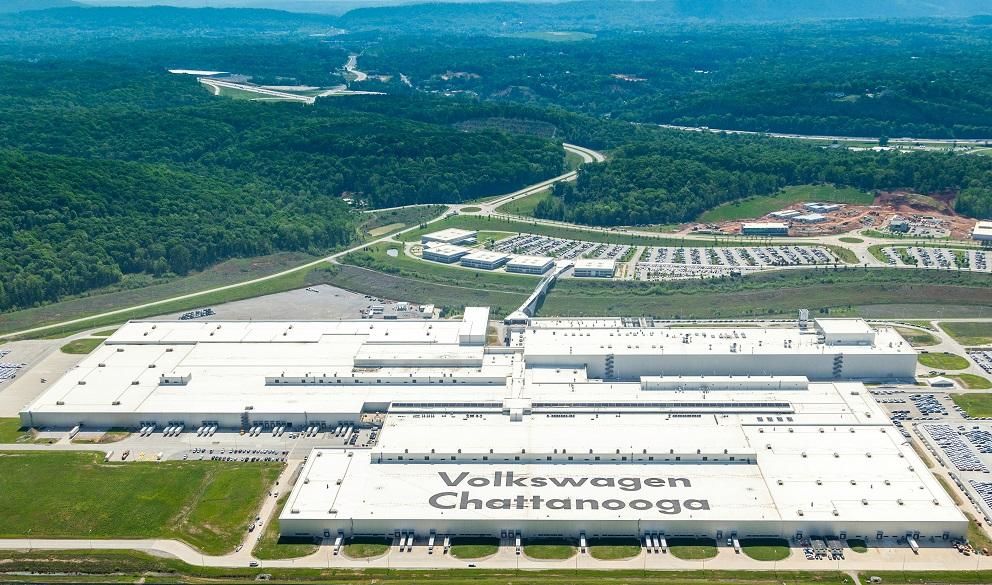Europe’s largest carmaker Volkswagen plans to invest €122 billion in its transition to electric and digitised cars – two-thirds of its total investment over the next five years, it announced on Tuesday.
Until 2027, the group will spend 68% of its total €180 billion investment on key technologies, a 13% rise since the company's previous multi-year investment plan. Major investments will go towards building battery cell factories and securing raw materials for batteries, a statement said at the time of the group’s annual results.
At the end of 2021, the group announced €89 billion in investments to be made by 2026. Volkswagen estimates that “as early as 2025, one in every five vehicles sold in the world” will be electric. The world’s second-largest car manufacturer forecasts that half of its sales would be electric vehicles by 2030 and “almost 100%” by 2040 in its main markets.
Beating market competitors
In anticipation of this almost total switch, the group is building its own battery factories. It announced on Monday that it will open a fourth plant in Canada in 2027; plans are afoot for six plants in Europe with three already confirmed in Sweden, Germany and Spain.
Volkswagen’s battery production subsidiary PowerCo “is expected to generate annual sales of more than €20 billion by 2030”, the group says. The group is in a race towards electromobility and aims for an 11% share of electric vehicles in its deliveries this year – up from 7% in 2022.
The group aims to expand in North America and China, traditionally its biggest market but where Volkswagen has faced stiff competition from local carmakers and Tesla.
Related News
- Volkswagen pauses planned European plant as EU industry continues to shift to US
- Some 300 Beetles paraded in Brussels
“On top of that, there is ongoing investment in the latest generation of combustion engines. Peak investment performance is expected to be reached in 2025 and then continuously decline,” the company statement explained.
The group posted a net profit (€15.9 billion), for 2022 when it announced its annual results earlier this month. This was despite a 7% drop in vehicle deliveries. For 2023, the group expects revenue to grow 10-15% and to sell around 10.5 million vehicles worldwide.

